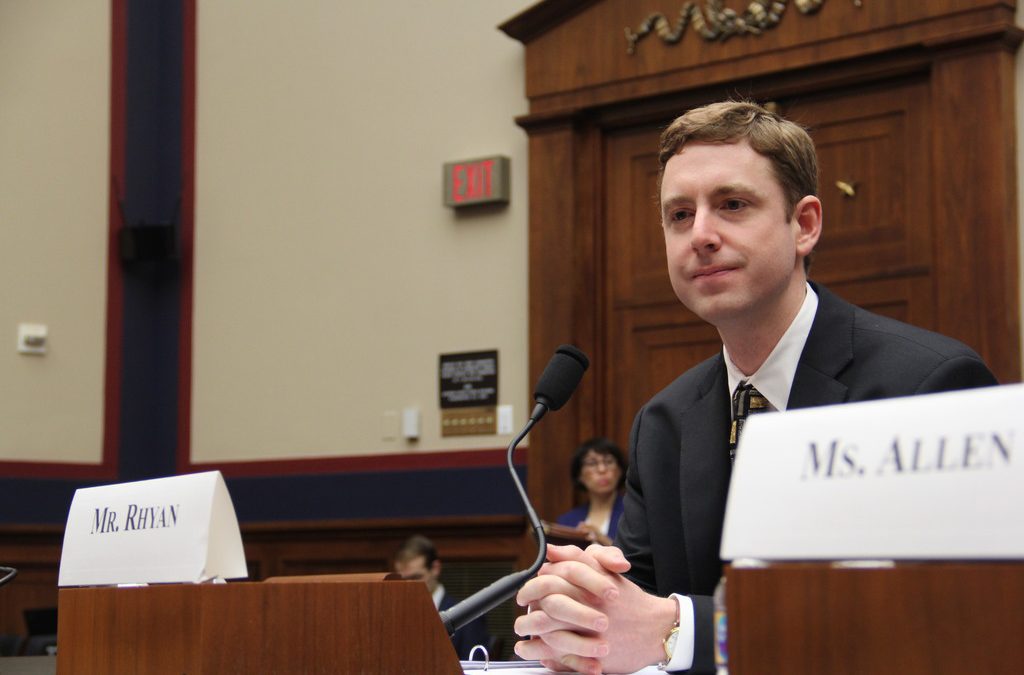WASHINGTON – Employers need to provide more treatment and recovery services to those affected by the opioid epidemic, said Rep. Tim Walberg (R-MI) during a congressional hearing Thursday.
70 percent of U.S. companies offer programs to help employees facing substance abuse. “But more needs to be done,” Walberg told a joint meeting of the House subcommittees on Health, Employment, Labor, and Pensions and Workforce Protections. We “need to hear about the proactive steps employers are taking to fight this epidemic within their workplaces and the broader community.”
According to the Centers for Disease Control and Prevention, the use of opioid drugs have led to 42,000 deaths in 2016. Corwin Rhyan, an analyst at the nonprofit Altarum Institute, told the committee that fatal overdoses have led to decreased productivity and fewer workers in the labor force, costing individuals and the private sector $46 billion in 2016.
“This finding elevates the importance of employers as key stakeholders who have been directly impacted by the crisis,” Rhyan said.
Whether or not an opioid user is legally termed “disabled” under the Americans With Disabilities Act can impact how an employer will deal with an employee. Employees who use their opioid medication as prescribed or are recovering from substance abuse are considered “disabled.” People who use opioids illegally do not qualify under these protections.
The issue can arise during employee drug testing. If an employee tests positive for opioids that are prescribed, they won’t face disciplinary action. But if an employee has been taking them illegally and tests positive, employers have the option to end an employee’s contract or provide them with resources toward rehabilitation, with a few exceptions.
But Christina Andrews, an assistant professor at University of South Carolina, said this course of action penalizes employees instead of addressing their addiction. “Drug testing is not an effective deterrent for people who have the disease of addiction,” she said. “Treatment is the most sensible and evidence-based approach to reduce opioid misuse in the workplace.”
Lisa Allen, president and CEO of the Ziegenfelder Company, a candy manufacturer in Wheeling, West Virginia explains that her company employs “compassionate hiring practices” and hires people recovering from opioid addiction to help individuals get back on their feet. She says that her company provides services to employees, who she referred to as the “Zieggy Tribe,” when they struggle with addiction.
“We work with local counselors, social service agencies, our medical community, law enforcement and federal and local parole officers on a case-by-case basis to help people get assistance,” Allen said in a written statement.
Andrews also explained that expanding Medicaid coverage to include more workers and health insurance exchanges must be protected as part of the solution to offer more treatment to employees.
“The Affordable Care Act (ACA) has extended health insurance to nearly one million people with opioid use disorders. If the law was repealed, nearly one-third of all Americans with an opioid use disorder would suddenly lose access to treatment,” Andrews said.
She also advised that the government look beyond short-term initiatives in tackling opioid addiction and understanding it as “chronic disease” that requires long-term solutions.

